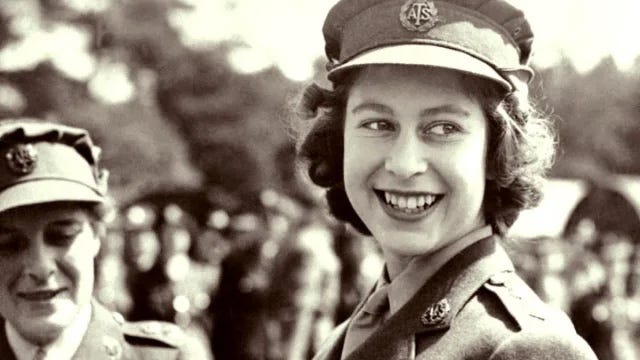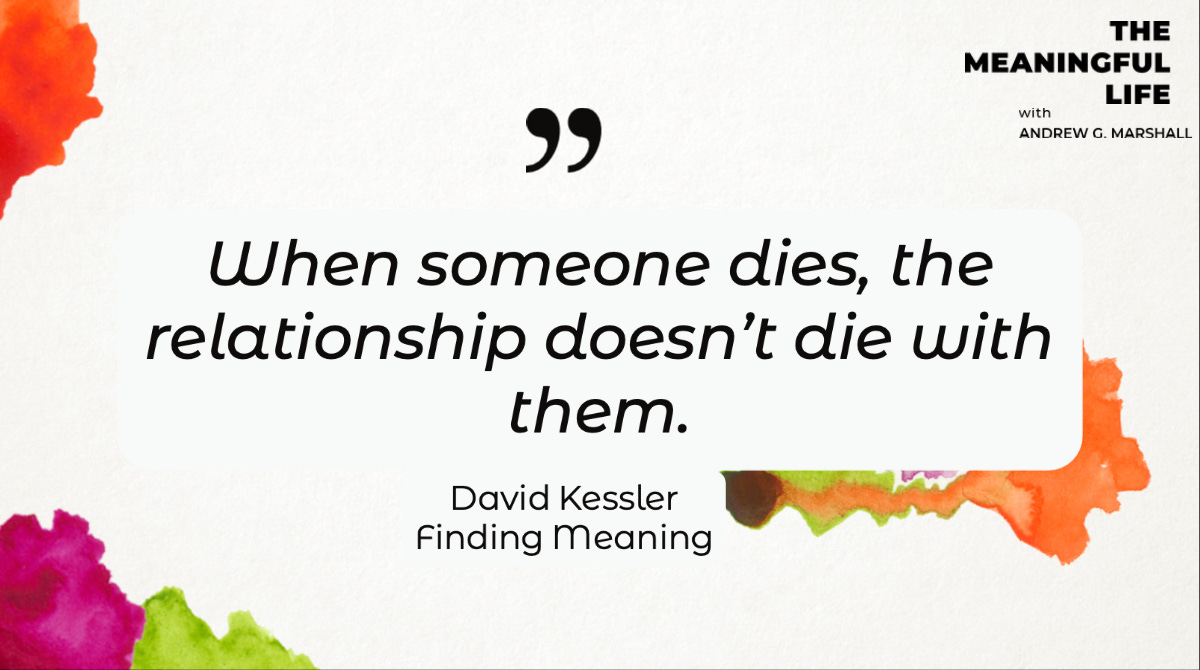The End of an Era is Harder Than We Thought
The death of Queen Elizabeth II has shaken many of us unexpectedly hard
Whether you’re a Republican or a lifelong lover of all things royal, it feels like the last week has been hard.
The Queen, it turns out, was a quietly reassuring presence, a constant through so many national dramas (not least Brexit and the pandemic). A living embodiment of the sense of duty, and an island of decency in an increasingly messy public life, perhaps.
When I heard of the death of the Queen, I phoned my mother's best friend, who is one of the few who remember her whole reign.
She said "I got engaged at the same time as the Queen. She was an engineer in the Second World War and I was a nurse. We were bombed to bits but she was the pinnacle of hope".
We all measure our life in similar ways. Like me, you are probably thinking of your loved ones who are no longer here. I particularly remember my father as we all mourn.
I send healing energy to sustain you through your memories, and I’d also like to share with you some insights from some of my podcast guests, who talked with me about their expertise on grief and their own experiences of living through loss.
Finding meaning in grief
David Kessler is one of the world’s best-known experts on grief, yet nothing could have prepared him for the loss of his beloved son at the age of 21. Just as he’d advised his own clients for decades, David attended grief groups, saw a therapist and sat with his pain.
Living through this devastating loss led David to work on his book, Finding Meaning:The Sixth Stage of Grief.
While we will likely never “get over” the loss of someone close to us, or learn life lessons that somehow compensate us for our pain, it is possible to locate meaning in how we survive and experience loss.
Our discussion also covered the uncomfortable gap between how society wants us to grieve versus the reality of loss.
Listen to my conversation with David Kessler here.
What is your relationship with death and mortality?
Some of us try our best never to think about death, while some of us “live in death’s basement”. Composer, academic and psychoanalyst Paul Attinello lived through the suffering and loss of the AIDS epidemic of the 1980s.
After testing positive for HIV, he built a creative and achievement-filled life, over which death nevertheless always loomed.
Then, the advent of lifesaving medications changed everything. Paul had to define a whole new relationship with mortality, as well as experiencing a profound sense of loss for what life might have been like without the spectre of HIV.
I had the most wonderfully moving conversation with Paul about music, psychoanalysis, and the different ways humans live with the knowledge of their own mortality. Listen here.
Losing your life-partner
Few of us will forget the image of the Queen alone at Prince Philip’s funeral. Her death, following on quite quickly from that of her spouse of 74 years, brings home the depth and profundity of this particular grief.
Writer, activist and speaker Catherine Mayer lost her husband in early 2020, and swiftly afterward entered a very lonely lockdown. She and her mother, Anne Mayer Bird (who had also lost her partner around the same time) found ways to navigate their losses and the startling questions and challenges that confronted them. Together they wrote Good Grief: Embracing Life at a Time of Death.
Catherine takes on some huge questions, including
How do you survive the loss of your life’s partner?
How does grief relate to love?
How do you navigate the sometimes clumsy responses to grief from those around you?
I had an emotional and very moving conversation with Catherine in which we each shared our experiences of the death of our partner. The episode covers extreme loneliness, pain and the process of writing it all down. You can listen here.
Making the time to talk
If you’re facing the loss of someone close to you in the near future, there will be things you’d like to say.
Or maybe the emotion surrounding the Queen’s death has brought to mind other situations with family or friends that you’d like to deal with.
Most of us do have a conversation we’re avoiding: a child coming out to their parent, a family losing someone to terminal illness, a friend noticing early signs of dementia.
Dr Kathryn Mannix, a consultant in palliative care medicine, brought to the podcast decades of experience having “tender conversations” with bereaved families.
We talked about why it can be so very frightening to open up to the people we are closest to. Kathryn shared her advice about being brave in the face of discomfort, sitting with silence, and speaking from a place of gentleness and care.
You can read Kathryn’s book Listen: How to Find the Words for Tender Conversations here, and our interview together is here.
How thinking about dying can help us live better
After nearly dying from an ectopic pregnancy, writer Georgina Scull confronted some of life’s big questions:
Why do we drift through life, planning for tomorrow but not living for today?
Why do we stay in relationships that no longer make us content, or in jobs that fill us with dread?
Why do we allow our doubts to stop us trying new things, or let people treat us badly?
Georgina chose to answer these questions in a unique way: she created a podcast and then a book in which she interviewed people who were dying. She asked each interviewee about their regrets, which ranged from long-lost love never pursued, to leaving behind children too young to remember their mother.
I spoke with Georgina about what we can learn from the dying, and the many reasons for living in the moment rather than chasing the perfect body, the next promotion, or a bigger house. You can listen here.
As always, if it feels like the right time to start marital therapy, send an email to Tricia (tricia@andrewgmarshall.com) for a virtual or in-person appointment with one of my team of therapists in London, or with me here in Berlin.
With love,
Andrew









